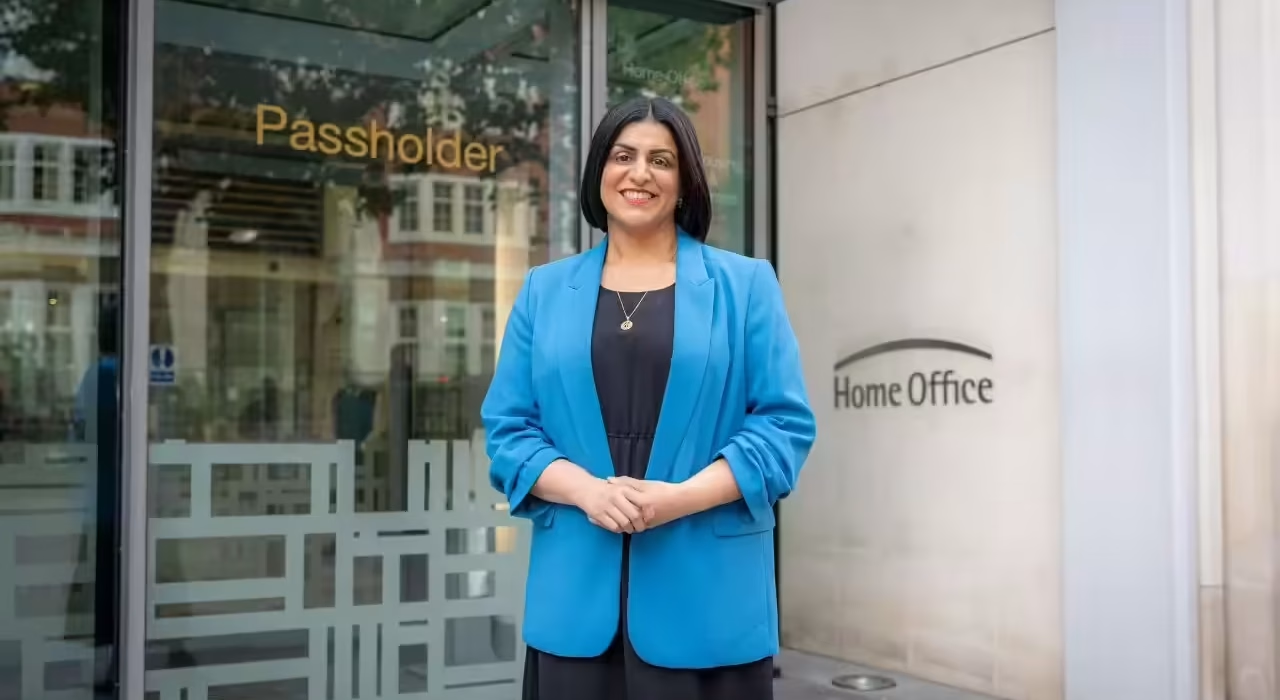In a momentous development within British politics, Shabana Mahmood, a seasoned Labour Party politician of Pakistani descent, has been appointed as the new Home Secretary of the United Kingdom, becoming the first Muslim to occupy one of the most powerful positions in the British cabinet. The announcement came shortly after the resignation of Angela Rayner, prompting Prime Minister Keir Starmer to name Mahmood as her successor in a move seen as both strategic and symbolic.
Mahmood, a barrister by profession and Member of Parliament for Birmingham Ladywood, brings with her a wealth of legal and political experience. Born in 1980 in Birmingham to immigrant parents from Pakistan, she spent part of her formative years in Saudi Arabia before returning to the UK. She attended King Edward VI Camp Hill School for Girls—one of the country’s most prestigious grammar schools—before earning her law degree from Oxford University. She was called to the Bar in 2003 and built a reputation in the legal field, specialising in professional negligence and commercial litigation.
Her political journey began in earnest in 2010 when she made history as one of the first Muslim women elected to the British Parliament. Over the past decade, she has steadily risen through the Labour ranks, serving in key shadow ministerial positions including Shadow Chief Secretary to the Treasury and most recently, Shadow Justice Secretary. Her new role places her at the helm of the Home Office, where she will be responsible for overseeing national security, policing, immigration, border control, and counter-terrorism efforts—critical pillars of the UK’s internal affairs.
Reacting to her appointment, Mahmood described the opportunity as “the honour of my life,” pledging to uphold the safety and security of all UK residents. “The first responsibility of the government is the safety of its citizens. Every day in this job, I will be devoted to that purpose,” she affirmed in her official statement.
Her elevation has been widely hailed as a watershed moment in British governance, particularly for communities of ethnic and religious minorities. It also underscores the Labour Party’s renewed focus on representation and inclusion under Keir Starmer’s leadership, especially following the party’s return to power.
Observers note that Mahmood’s legal background and deep understanding of the justice system could prove instrumental in navigating the complex landscape of internal security, immigration reform, and law enforcement accountability. Her appointment is also expected to resonate deeply among British Muslims and people of South Asian heritage, many of whom have long felt underrepresented in the upper echelons of political power.
As she assumes one of the great offices of state, Mahmood stands not only as a trailblazer but also as a symbol of the evolving face of British leadership—diverse, experienced, and grounded in service. Her journey from a Birmingham classroom to the top ranks of Westminster is a powerful testament to the shifting tides of British society, where merit and representation are increasingly shaping the corridors of power.
